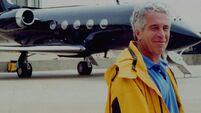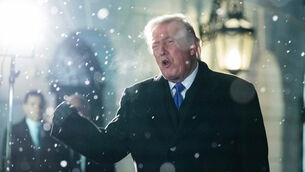Bush expected to end steel tariffs
President George Bush may be following the course of least political resistance by lifting steel tariffs he imposed in March 2002.
The duties on imported steel enabled Bush, with an eye toward re-election in 2004, to extend a helping hand to a beleaguered major US industry. Since then, however, the tariffs have turned into a huge policy headache for him both at home and abroad.














